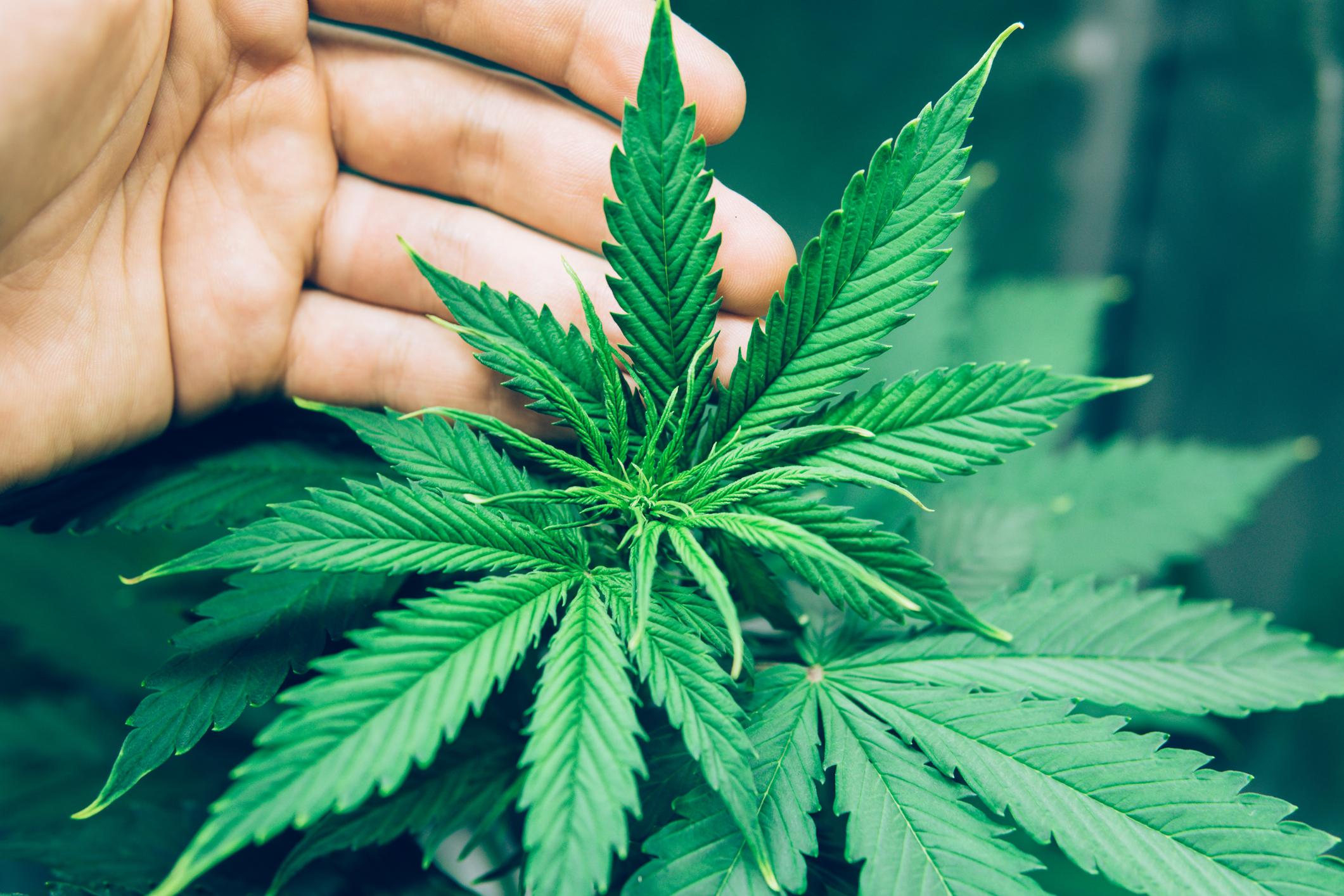Vaccines against fentanyl and heroin overdoses will soon be tested on humans.

- Vaccines against fentanyl and heroin overdoses will soon be tested on humans.
- Concretely, they will encourage the body to produce antibodies specific to addictive products.
- The opioid crisis claims thousands of lives each year around the world, particularly in the United States and Canada.
To deal with the opioid crisis that is ravaging many countries, scientists hope to be able to begin testing vaccines against heroin and fentanyl on humans as early as 2024.
Specific antibodies to protect against fentanyl and heroin overdoses
The vaccines will be designed to protect people from overdoses of heroin and its more potent synthetic cousin, fentanyl, the overuse of which recently led to the death of rapper Mac Miller.
So far, vaccines have only been tested on rats and pigs. Concretely, they will encourage the human body to produce antibodies specific to addictive products which bind the drug in the blood and prevent it from entering the brain, thus limiting the euphoric and potentially fatal effects of these substances.
How to test vaccines against fentanyl and heroin overdoses?
“We plan to test our vaccines in humans in early 2024,” stated in A press release Dr. Jay Evans, director of Future Trials and the University of Montana Medicine Center.
“The human clinical trials will include a drug test to assess the safety and effectiveness of the vaccines at the start of the experiment. We will also follow the participants to assess how long the antibodies against opioids last,” he added.
“We will start with the lowest dose, until we reach levels that are both safe and effective,” he further clarified. “The duration of immunity in humans is speculative and will be determined in Phase I and II clinical trials. We expect it to last 2 to 4 years”he concluded.
Fentanyl and heroin overdoses kill thousands
The opioid crisis, currently told in the Netflix series Painkiller, claims thousands of lives each year around the world, particularly in the United States and Canada. This health crisis also affects, to a lesser extent, France.

















